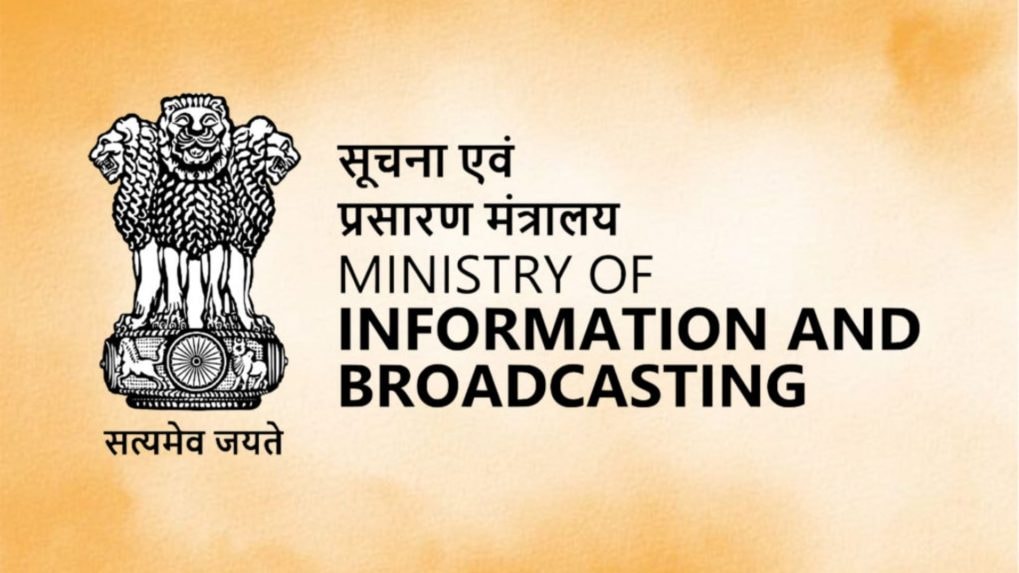EXCLUSIVE: IBDF urges MIB to keep Big Tech, DPOs out of TV ratings system
While reiterating its support for competition and new entrants, the IBDF said such entry must come with “stringent guardrails and full disclosure of ownership structures” to ensure neutrality and accountability.
ADVERTISEMENT
The Indian Broadcasting and Digital Foundation (IBDF), the apex body representing India’s leading television broadcasters, has raised sharp objections to the government’s proposed amendments to the Policy Guidelines for Television Rating Agencies in India, warning that the changes could open the door to conflicts of interest involving Distribution Platform Operators (DPOs) and global Big Tech companies.
In a detailed submission to the Ministry of Information and Broadcasting (MIB), the IBDF cautioned that the draft amendments risk “undermining the integrity of the entire measurement ecosystem,” if entities with vested commercial interests in content distribution or digital advertising are allowed to participate in the television ratings business.
The Foundation specifically flagged the role of DPOs — cable and satellite distributors who control last-mile access to television homes — as a major concern. One of the member of IBDF confirmed the development and said, “DPOs are key gatekeepers of television signals,” the IBDF said, warning that their potential entry into the ratings sector could allow them to “weaponize data to suit their own corporate interests.”
According to the industry body, DPOs’ control over signal transmission gives them both “the means and the motive” to influence viewership data in ways that could distort market outcomes, particularly in advertising and channel carriage negotiations. The Foundation urged the Ministry to explicitly bar such entities from acquiring ownership or influence in any television rating agency to preserve impartiality.
The IBDF also turned the spotlight on global technology and ad-tech giants, cautioning that their participation would blur the line between competition and measurement. It likened the scenario to “allowing a player to control both the game and the scoreboard.”
“Ad-tech companies that already evaluate ad performance and sell digital inventory are direct competitors for the same advertising revenue,” a source from IBDF warned. Allowing them to own or control rating agencies, the body argued, could incentivize them to design measurement methodologies that favor their own platforms, “skewing market competition and threatening media plurality.”
The broadcasters' body emphasized that India’s media ecosystem — already navigating digital disruption and algorithmic advertising — cannot afford to let dominant tech platforms or distributors capture the rating infrastructure, which serves as the industry’s common currency for advertising trade.
While reiterating its support for competition and new entrants, the IBDF said such entry must come with “stringent guardrails and full disclosure of ownership structures” to ensure neutrality and accountability. It also recommended mandatory third-party audits, strict data security protocols, and financial penalties for non-compliance with sample size and quality standards.
The body further urged the MIB to retain existing cross-holding restrictions under Clauses 1.5 and 1.7 of the 2014 guidelines, which prevent broadcasters, advertisers, or agencies from holding controlling stakes in rating companies. It said these provisions have been critical in maintaining “structural impartiality” and that their dilution could expose the system to manipulation.
The IBDF also appealed for policy stability, noting that the broadcast industry is already dealing with other major regulatory transitions, including the evolution of the New Tariff Order (NTO) and the ongoing shift to digital measurement.
“At this critical juncture, a sudden overhaul of the measurement framework risks creating fragmentation and uncertainty,” the broadcasting body member said, adding that the Broadcast Audience Research Council (BARC) — which currently operates the only accredited rating system — remains a “balanced, representative, and credible model.”
The broadcasters concluded that urged for continued dialogue with the Ministry to make India’s audience measurement system “more robust, transparent, and future-ready,” while keeping it free from undue influence by either distribution gatekeepers or global Big Tech platforms.
Read More: MIB opens TRP market: OTTs, DPOs, and Big Tech can now set up ratings agency
Read More: Only 0.025% of TV homes measured: MIB critiques flawed TRP metrics

